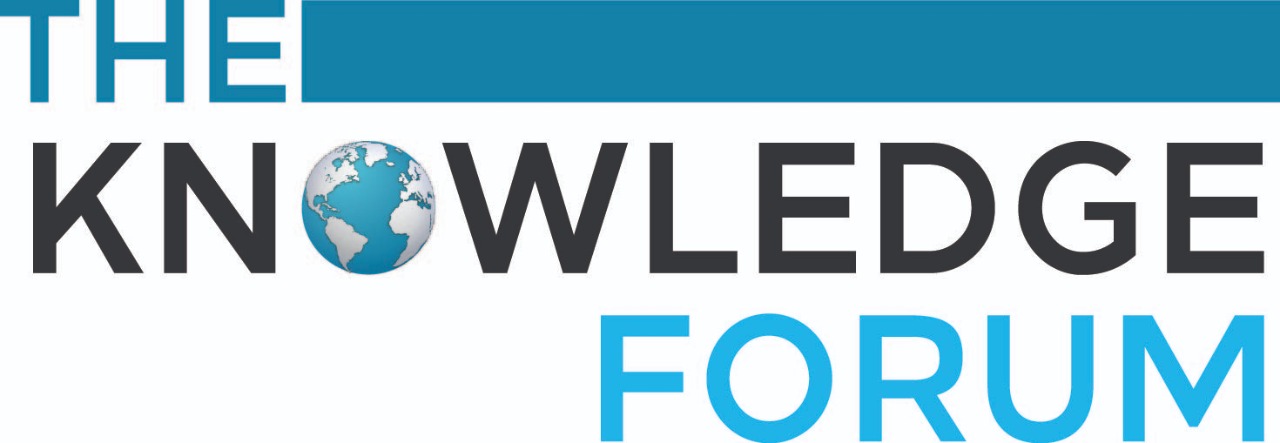Pakistan Bulletin
An up-to-date and informed analyses of key issues of Pakistan.
Potential Impacts of Election Environment on Pakistan’s Democratic Transition
November 2023
Pakistan is set to hold elections after a gap of over five years. A number of policy decisions and actions, however, cast doubt over the credibility and fairness of the polling process.
Sceptics are also concerned about last-minute changes in the delimitation of constituencies and amendments in electoral laws, which prevented the finalisation of electoral rules (by-laws) before the announcement of the election date. The delimitation process, following population census, has already been challenged by major political parties for flawed population counting. The hurriedly done exercise is expected to be complete by mid-December, leaving little or no time for effective access to judicial remedy against ECP decisions. Ideally, the electoral legal framework and delimitation of constituencies should be complete at least a year before the polling date.
The deviation from the constitutional requirement of holding elections within ninety days of the National Assembly's dissolution raises questions about the ECP's independence and its ability to conduct free and fair elections.
The multifaceted impact of AI, ranging from creating realistic celebrity images to generating news anchors and even political leader clones, raises concerns about the potential manipulation of electoral processes in a country marked by intense political divisions.
Quraysh Khattak
Author
Quraysh Khattak is a democratic governance specialist who has worked with various international organisations including UNDP and Democracy Reporting International.

Get the latest news and updates from our team
